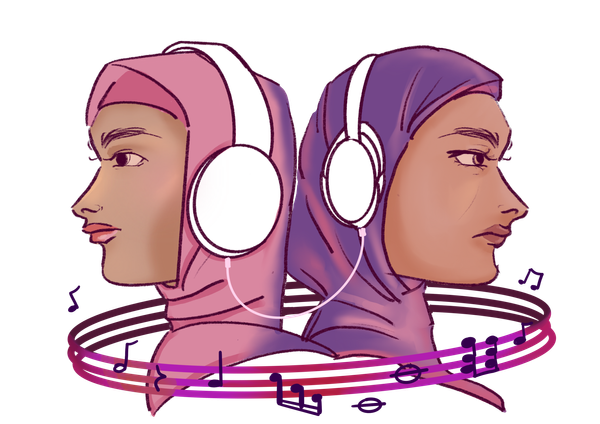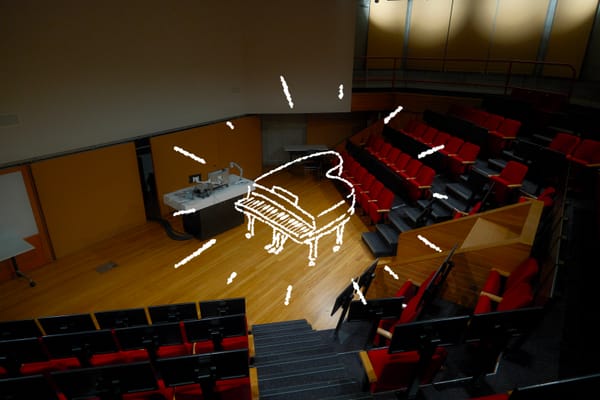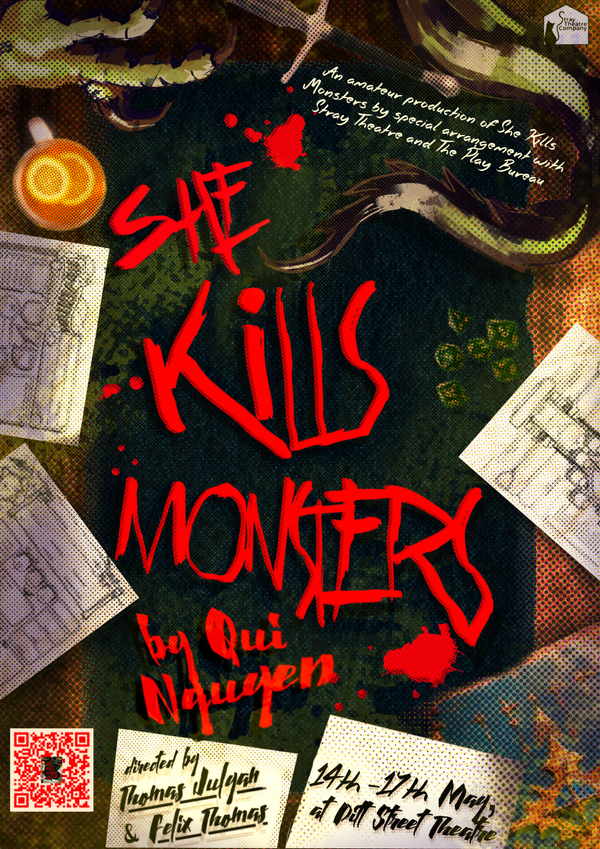The Web as a Tool for Both Liberation and Oppression – a Conversation Around International Women’s Day

Being online and having an online presence is something that has become an innate part of all our lives, and as a result, the perfect space for us to interact and learn within. Proving to be both a tool for freedom fighting, solidarity, and liberation, as well as hatred, bullying, and oppression, the online space has become a complex maze of often not knowing where the next jab at your existence is going to come from. No one is safe from this contradictory environment, with all kinds of hashtags, forums, and accounts generously donated and tended to to provide a safe space to hate on anything you could imagine.
The recent and sadly inconsequential passing of International Woman’s Day, a largely online event, got me questioning how the online space is really looking for women every day.
The Me Too movement is a female led movement that I am sure you have heard of, gaining the spotlight in 2017 when numerous female Hollywood actresses began a wave of standing up against famous and powerful sexual predators and bringing justice after experiencing sometimes tens of years of fear and suppression. Dominating our experience of feminist outreach movements of today, Me Too’s legacy is less successful than we might think, with the true intentions of its outreach becoming warped by the very people it aimed to protect from. Quantitative context analyses of tweets around the hashtag “MeToo”[1] highlight how online reception of the movement is dominated by negative attitudes, with invalidation of accusations, questioning of motives, and doubts of the integrity of MeToo as a whole taking up most of the discourse on the subject.
Instead of sympathy and support, the movement - purely intended to help victims of sexual abuse - was met with hate, which might give you a hint to what we can expect from the wider treatment of women simply existing online.
In an Amnesty international New Zealand survey, 1/3 women admitted having experienced online abuse and harassment[2]. I know I can say that almost every video I come across on instagram or TikTok with a women present has never been free of some kind of slander or ridicule. With reference to this personal experience and the findings from Amnesty, it could be assumed that any woman brave enough to put herself on the internet with a feminist front or not, should expect abuse.
The Andrew Tate-ification of the online sphere could be seen as attributing to this. An internet name made famous for all the wrong reasons, Andrew Tate burst onto our phones for the first time in 2021, making waves in the mid covid cesspit of chronic online-ness with his controversial opinions on masculinity and relationships. Tate didn’t hesitate to make his self proclaimed misogyny known to his millions of followers, stating how women are a man’s property and should take responsibility for their own abuse, amongst many other things. Amassing over 11 billion views across all his social media platforms, Tate’s message is already radicalising individuals, particularly men and boys, in the same way that terrorists draw in followers, as claimed by UK Police.
This doesn’t bode well for women’s safety online. Despite Tate’s ban from many major social media platforms as well as supposed ‘hate awareness’ messages on platforms such as TikTok, the misogynistic environment Tate amplified not only remains, but is growing. A UCL study found that even algorithms are amplifying misogynistic content to users, with TikTok’s For You Page increasing misogynistic content from 13%-56% in a matter of 5 days when met with a test archetype seeking out ‘masculine’ content[3]. Even individuals not looking for guidance on how to behave towards women are being fed supposed norms of dominance, objectification and sexual harassment. This algorithmic shift feels uncontrollable, and if our fates are decided by artificial intelligence and we really are being fed misogynistic content are we all doomed and have to melt down our electronic devices and sell the precious metals to buy a farm in the wops?
I hope not! But if all else fails, see you guys in my feminist, offline, anti-misogyny commune in the woods.
[1] https://doi.org/10.1177/08862605211001470
[2] https://amnesty.org.nz/online-abuse-women-thrives-twitter-fails-respect-women-s-rights/
[3] https://www.ucl.ac.uk/news/2024/feb/social-media-algorithms-amplify-misogynistic-content-teens




